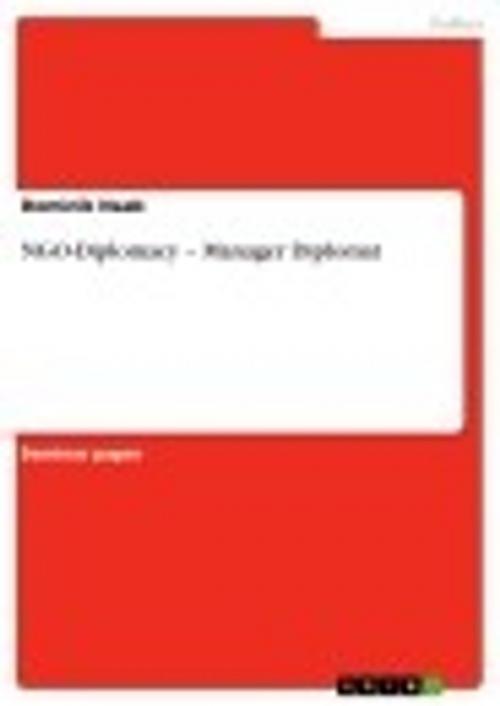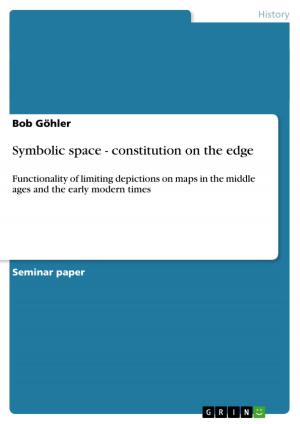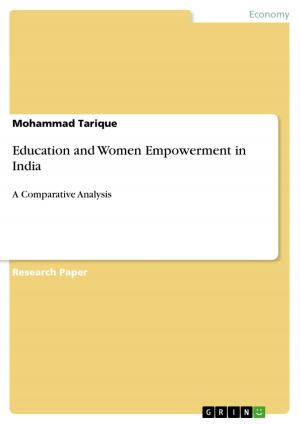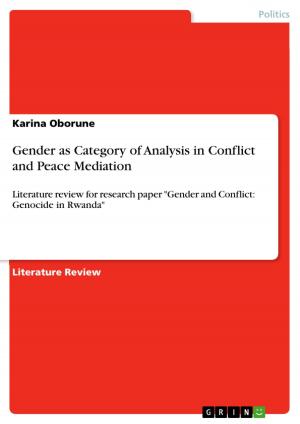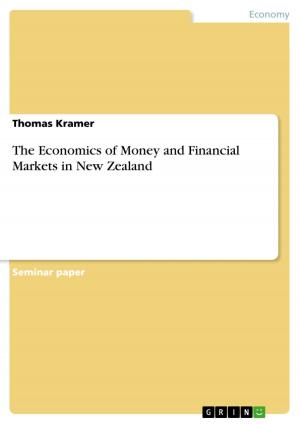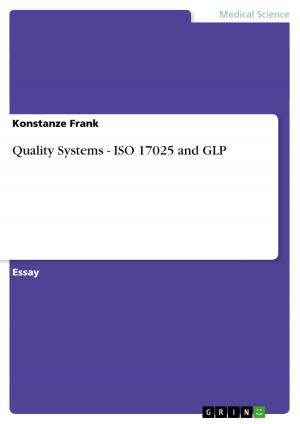NGO-Diplomacy - Manager Diplomat
Nonfiction, Social & Cultural Studies, Political Science, International, International Relations| Author: | Dominik Naab | ISBN: | 9783656239635 |
| Publisher: | GRIN Publishing | Publication: | July 20, 2012 |
| Imprint: | GRIN Publishing | Language: | English |
| Author: | Dominik Naab |
| ISBN: | 9783656239635 |
| Publisher: | GRIN Publishing |
| Publication: | July 20, 2012 |
| Imprint: | GRIN Publishing |
| Language: | English |
Seminar paper from the year 2010 in the subject Politics - International Politics - Topic: International Organisations, Sciences Po Paris, Dijon, Nancy, Poitier, Menton, Havre, language: English, abstract: The realistic point of view that international relations are only ruled by states is definitely passé. The states are no longer a black box. The increasing number and impacts of civil society influences not only the national sphere but also the international arena. This development has its impacts on diplomacy. Diplomacy is no longer state-centric. Non-state actors like non-governmental organisations (NGO) and multinational corporations (MNC) play a significant role in international relations. Some scholars even state that they are more important than states. (Cooper/Hocking 2000:362) We can assume that certain NGOs and MNCs are definitely more relevant than some states. The fact that some MNCs earning capacity and financial resources are higher than the one of states has a lot to commend this assumption. In a ranking of states and MNCs by size of earning in 2005-2006 the twentieth is Wal-Mart with $288 billion after Sweden with $321.4. Beside Wal-Mart there are British Petroleum ($285.1 billion) and Exxon Mobil ($270.8 billion) which are in the ranking before states like Turkey ($268.7 billion) and Austria (25. / $262.1 billion). In the top fifty are fourteen MNCs and in the following fifty up to place one hundred there are thirty-six MNCs and only fourteen states. It's the contrast to the top fifty and with a total look on the top hundred there are fifty percent states and fifty percent MNCs. These numbers illustrate well the huge impact of non-state actors in global and national governance.
Seminar paper from the year 2010 in the subject Politics - International Politics - Topic: International Organisations, Sciences Po Paris, Dijon, Nancy, Poitier, Menton, Havre, language: English, abstract: The realistic point of view that international relations are only ruled by states is definitely passé. The states are no longer a black box. The increasing number and impacts of civil society influences not only the national sphere but also the international arena. This development has its impacts on diplomacy. Diplomacy is no longer state-centric. Non-state actors like non-governmental organisations (NGO) and multinational corporations (MNC) play a significant role in international relations. Some scholars even state that they are more important than states. (Cooper/Hocking 2000:362) We can assume that certain NGOs and MNCs are definitely more relevant than some states. The fact that some MNCs earning capacity and financial resources are higher than the one of states has a lot to commend this assumption. In a ranking of states and MNCs by size of earning in 2005-2006 the twentieth is Wal-Mart with $288 billion after Sweden with $321.4. Beside Wal-Mart there are British Petroleum ($285.1 billion) and Exxon Mobil ($270.8 billion) which are in the ranking before states like Turkey ($268.7 billion) and Austria (25. / $262.1 billion). In the top fifty are fourteen MNCs and in the following fifty up to place one hundred there are thirty-six MNCs and only fourteen states. It's the contrast to the top fifty and with a total look on the top hundred there are fifty percent states and fifty percent MNCs. These numbers illustrate well the huge impact of non-state actors in global and national governance.
